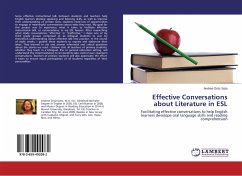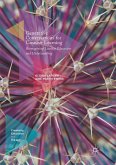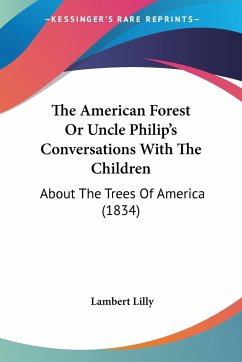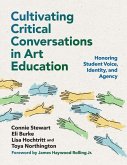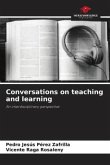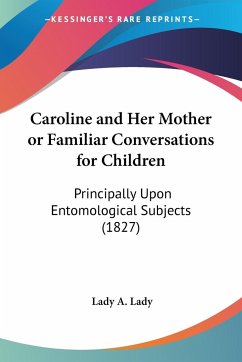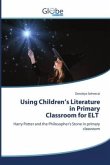Since effective instructional talk between students and teachers help English learners develop speaking and listening skills, as well as improve their understanding of written texts, students need lots of opportunities to engage in meaningful conversations about texts they read. My goal for this project was to experience what it takes to facilitate effective instructional talk, or conversations, in my ESL lessons. After researching what made conversations "effective" or "ineffective," I chose one of my third grade groups comprised of six bilingual students to put my theoretical understanding about effective talk into practice. In the course of eight weeks, I guided these students to express and elaborate their ideas. They learned to ask and answer inferential and critical questions about the stories we read. I believe that all teachers of primary students, whether they teach in a bilingual, ESL or general education setting, will understand the initial hesitation to let students take control over classroom conversations. Teachers of primary students will also appreciate the effort it takes to ensure equal participation of all students regardless of their personalities.
Bitte wählen Sie Ihr Anliegen aus.
Rechnungen
Retourenschein anfordern
Bestellstatus
Storno

